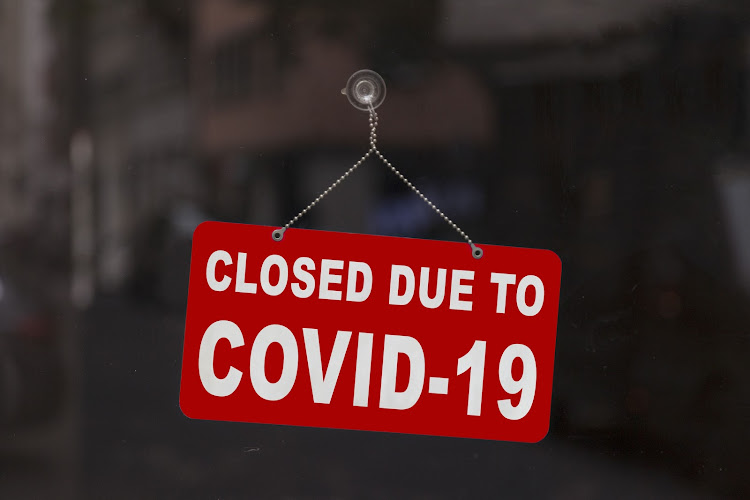Health policy for third wave needs to be carefully thought through

The government and all social partners should heed past lessons as a reactionary approach can slow economic momentum
One of the lessons we have learnt from the global experience since Covid-19 landed on our shores is that bad health policy generally translates into bad economic policy response. More so, failing to take the correct, proactive policy action on the health side implies rushed economic policy response with suboptimal outcomes.
The government and all social partners, including business, labour and civil society, must avoid a reactionary approach to managing the third wave of Covid-19. An active approach is required so that health policy decisions do not, as we have observed elsewhere, lead to economic mismanagement.
Judging from India’s battle to manage the rise in Covid-19 infections, SA is facing a third wave of a rapid increase in infections as we move into winter, which will weigh heavily on the health-care sector. The government is reported to be discussing potential proactive steps to limit the transmission of infections, including a possible restriction on alcohol sales, which President Cyril Ramaphosa is reported to have referred to social partners at the National Economic Development & Labour Council (Nedlac).
SA’s economic recovery is on track, with the first quarter of this year extending the growth registered since the recovery in the third quarter of 2020. These growth trends will remain at risk from the management of Covid-19 on the health side. And the foundation for a rapid increase in infections have been laid. Already, we are seeing the effect of the Easter holidays under relaxed gatherings restrictions in recent Covid-19 infection numbers, with 4,623 new cases recorded over the 24 hours to May 26. These numbers have been rising over the past three weeks and is likely to continue to do so over the next couple of weeks.
Local government elections, set for October 27, will encourage mass gatherings as the election campaign gathers momentum closer to the elections. Mass gatherings are already happening, so the writing is on the wall; infections will rise in the weeks ahead. This is in addition to the social gatherings that have been on the rise, including at clubs and ordinary shisa nyama spots across the country, where once people get inside one hardly sees any sign of social distancing or masks. It is as if Covid-19 is a thing of the past in some of these establishments.
In addition to political and religious events, India had a new Covid-19 variant that transmitted far faster than the previous variants. That variant is now in SA, meaning all the factors that have pushed India to the brink are here too.
The government’s response must be proactive to limit the health costs and maintain the economic momentum that has been so positive since the third quarter. Delaying the response is likely to result in an overreaction when the situation gets worse, which will also lead to an unplanned, unbudgeted-for and possibly too-drastic economic policy response.
Contrary to the sentiment that the government’s response to Covid-19 has been suboptimal at times, the objective evidence reveals a different picture in the economic management of the second wave relative to the first. Data from the SA Reserve Bank’s monetary policy review in April shows that while the effect of the hard lockdown in the first wave, which extended from March to October 2020, was broad-based across the economy, the second lockdown in response to the second wave ran from November 2020 to February 2021 and had a far more muted effect on the economy. Only transport and trade were affected during the second wave, reflecting lessons learnt in managing the economic response to the health response.
I expect a similar impact during the unfolding third wave — isolated to a few sectors, with minimal effect on jobs and incomes. However, for that to happen the government must be proactive on the health front. A lot still needs to be done for the economy to recover to 2019 levels.
